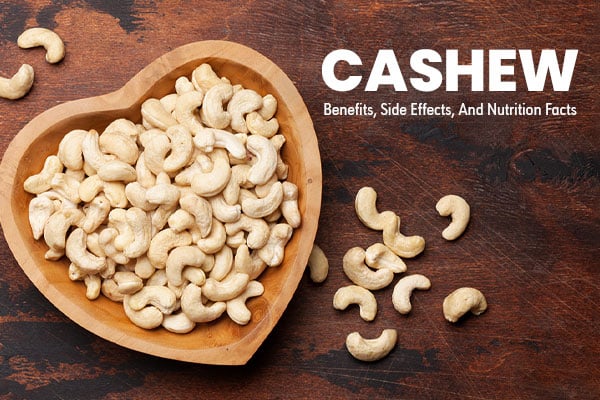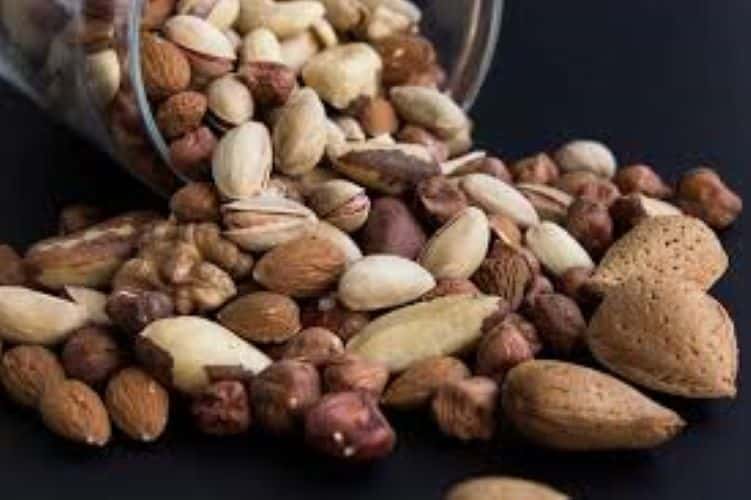Cashews are a beloved nut that is often enjoyed as a tasty snack or added to various dishes for their rich flavor and creamy texture. While cashews offer several health benefits, it’s important to be aware of their potential side effects. In this blog post, we will dive into the lesser-known downsides of cashew nuts and provide you with the information you need to enjoy them responsibly.
1. Allergic Reactions:
Cashew nuts belong to the tree nut family and can trigger allergic reactions in some individuals. Cashew allergies are less common compared to other nuts, but they can still occur. Symptoms of a cashew allergy may include hives, itching, swelling, difficulty breathing, and in severe cases, anaphylaxis. It’s essential to be cautious if you or someone you know has a known nut allergy and to seek medical attention if an allergic reaction occurs.
2. Oxalate Content:
Cashew nuts are relatively high in oxalates, which are naturally occurring compounds. Oxalates can form crystals in the body, leading to kidney stones in susceptible individuals. If you have a history of kidney stones or are at an increased risk, it may be advisable to limit your intake of cashews and other high-oxalate foods.
3. High Calorie and Fat Content:
While cashews are a nutritious nut, they are also high in calories and fat. One ounce of cashews contains around 157 calories and 12 grams of fat. It’s important to keep portion sizes in mind, especially if you are watching your weight or have specific dietary goals. Incorporating cashews as part of a balanced diet is recommended to avoid consuming excessive calories and unhealthy fats.
4. Roasting and Processing:
Roasted cashews are a popular snack choice due to their enhanced flavor and crunchy texture. However, the roasting process can lead to the formation of acrylamide, a potentially harmful chemical. Acrylamide has been linked to certain types of cancer in animal studies. While the risk to humans is still not well understood, it’s advisable to enjoy roasted cashews in moderation.
In addition to roasting, some packaged cashew products may also contain added oils, salt, or sugar, which can affect the overall nutritional profile and may not be suitable for individuals with specific dietary needs or preferences.
5. Interactions with Medications:
Cashew nuts contain natural compounds that may interact with certain medications. For example, cashews contain anacardic acid, which may have anticoagulant properties. If you are taking blood-thinning medications, it’s important to consult with your healthcare provider before consuming cashews or cashew products regularly.
Enjoying Cashews Responsibly
Cashew nuts are a nutritious and delicious snack option when enjoyed in moderation. While they offer several health benefits, it’s important to be aware of the potential side effects, especially for individuals with specific health conditions or dietary concerns.
If you have a known nut allergy, it’s crucial to avoid cashews and seek alternative snack options that are safe for consumption. For those with kidney stone concerns, limiting the intake of high-oxalate foods, including cashews, may be advisable.
When consuming cashews, remember to practice portion control due to their high calorie and fat content. Opt for raw or unsalted varieties to minimize additional additives and added ingredients. If you have any underlying medical conditions or are taking medications, consult with your healthcare provider to ensure that cashew nuts are suitable for your diet.
By understanding the potential side effects and enjoying cashews responsibly, you can continue to savor their unique flavor and reap the benefits they offer as part of a balanced and mindful snacking routine.




